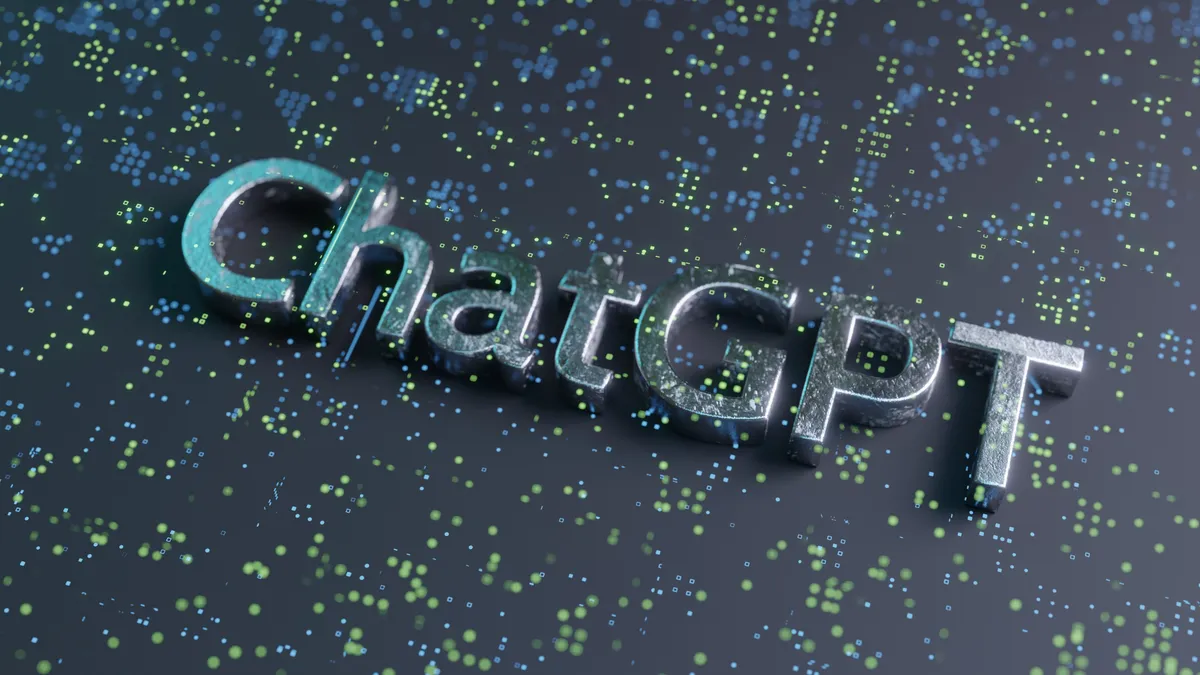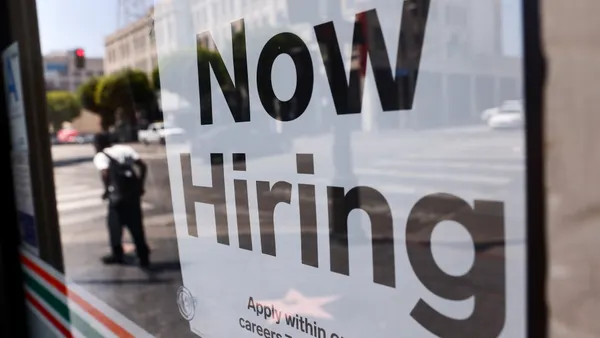Dive Brief:
-
ChatGPT, the wildly popular artificial intelligence tool, is among the top 20 software-as-a-service applications that are being used in the workplace without company oversight, according to research from Productiv, a startup that helps clients to manage their SaaS purchases.
-
Productiv highlighted the list of top 20 so-called shadow apps as part of its 2023 “State of SaaS” research findings. Evernote, a notetaking and task management application, and Coursera, an online learning platform, ranked as numbers one and two, respectively, on the annual list for the second year in a row. ChatGPT made its debut on the list, ranking at number eleven.
-
“Shadow IT really is an indicator of where employees’ technology needs are not being fully met,” Productiv CEO Jody Shapiro said in an interview. Left alone, it can lead to challenges such as financial overages and exposure to security risks, he added.
Dive Insight:
Companies’ SaaS portfolios grew an average of 32% between 2021 and 2023, reaching an all-time high, according to Productiv’s report, the first of a three-part series this summer analyzing how nearly 100 million SaaS licenses were used over the last three years. Organizations now use 371 SaaS apps and spend nearly $10,000 on SaaS per employee on average, with only 47% of SaaS licenses being used over a 90-day period on average, the report said.
“There are more vendors than ever and so many more products that companies can try,” Shapiro said. “You also now have software purchases being spread out across the organization. From a finance standpoint, it adds a bunch of chaos — unplanned for, unbudgeted spending.”
The shadow IT problem is part of larger challenge companies face as they scramble to rein in out-of-control cloud costs, according to a February study by accounting firm KPMG.
“In short, the rush to the cloud has led to excess spending and insufficient oversight, leaving many organizations struggling to balance the value of cloud agility and innovation against the need for guardrails to control costs,” the KPMG report said.
With the cloud, software consumption is decentralized, making it difficult for finance and IT departments to exert control over the costs, the report said. In this environment, Shadow IT has flourished, with business users being able to “provision technology platforms and IT infrastructure with a figurative click of the mouse,” it said.
As a growing shadow app, ChatGPT can be particularly problematic for businesses, despite its popular use cases, which include creating email and marketing content, summarizing meeting notes, researching issues, writing code and finding coding bugs, according to Productiv.
“ChatGPT is free to start playing around with, but if you want to do more things with it, costs become involved,” Shapiro said.
The AI tool can also expose companies to potential data privacy and security risks, he said. Apple, JPMorgan and Samsung are among companies that have reportedly restricted internal use of ChatGPT citing concerns over confidential corporate data.
After years of steady increases, the use of shadow apps within companies dropped from 59% in 2022 to 51% in 2023, showing that organizations are moving more of these apps under management, according to Productiv’s report. But the current rate is still too high, it said.
“To avoid shadow IT, organizations need to develop appropriate SaaS governance policies that help teams take their free and purchased apps out of the shadows and ensure the right level of corporate policies for procurement, security and compliance,” Productiv CIO Aashish Chandarana said in a press release announcing the research.
The report’s findings were based on an analysis of anonymized data from Productiv’s SaaS management platform users.















